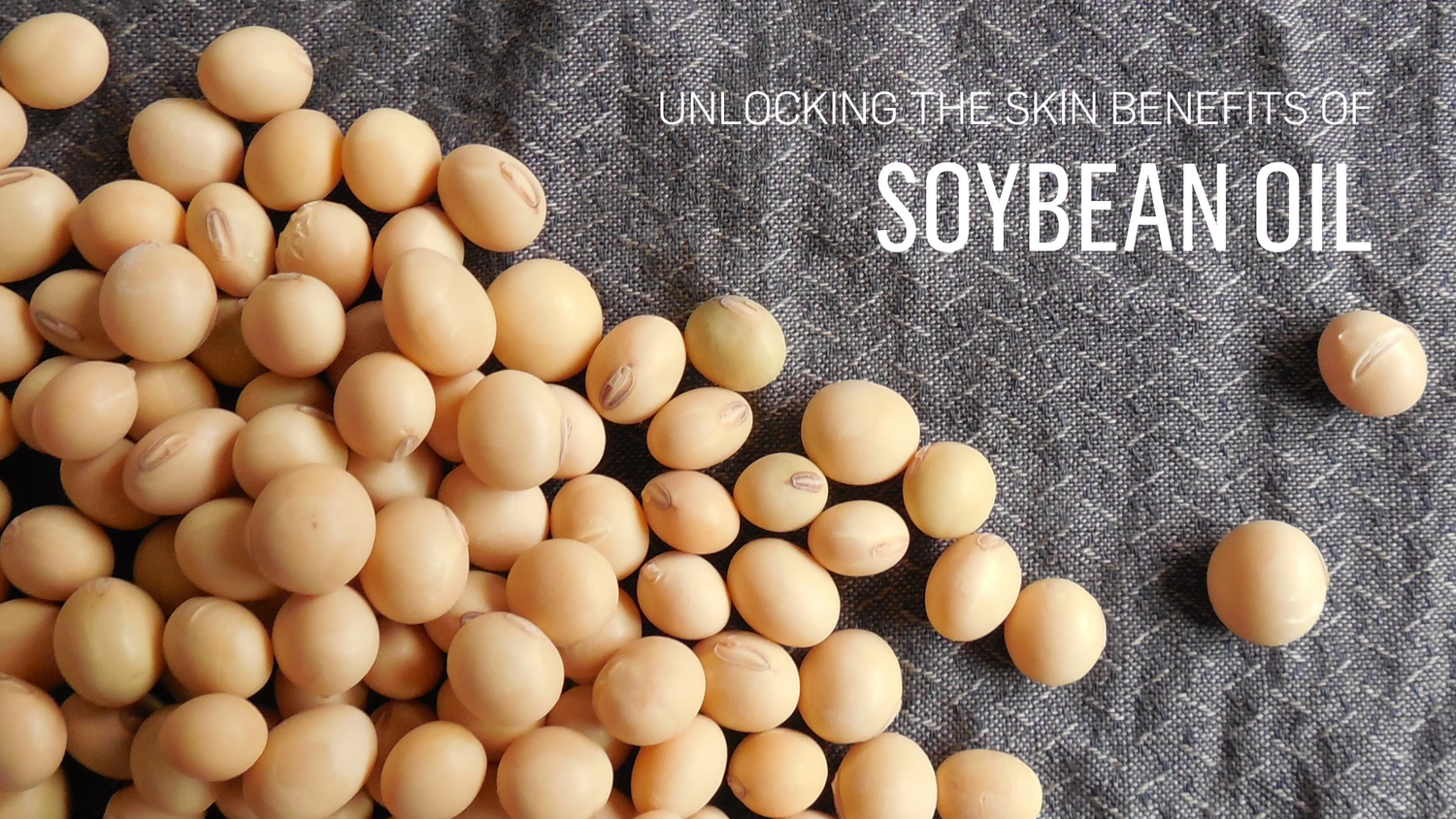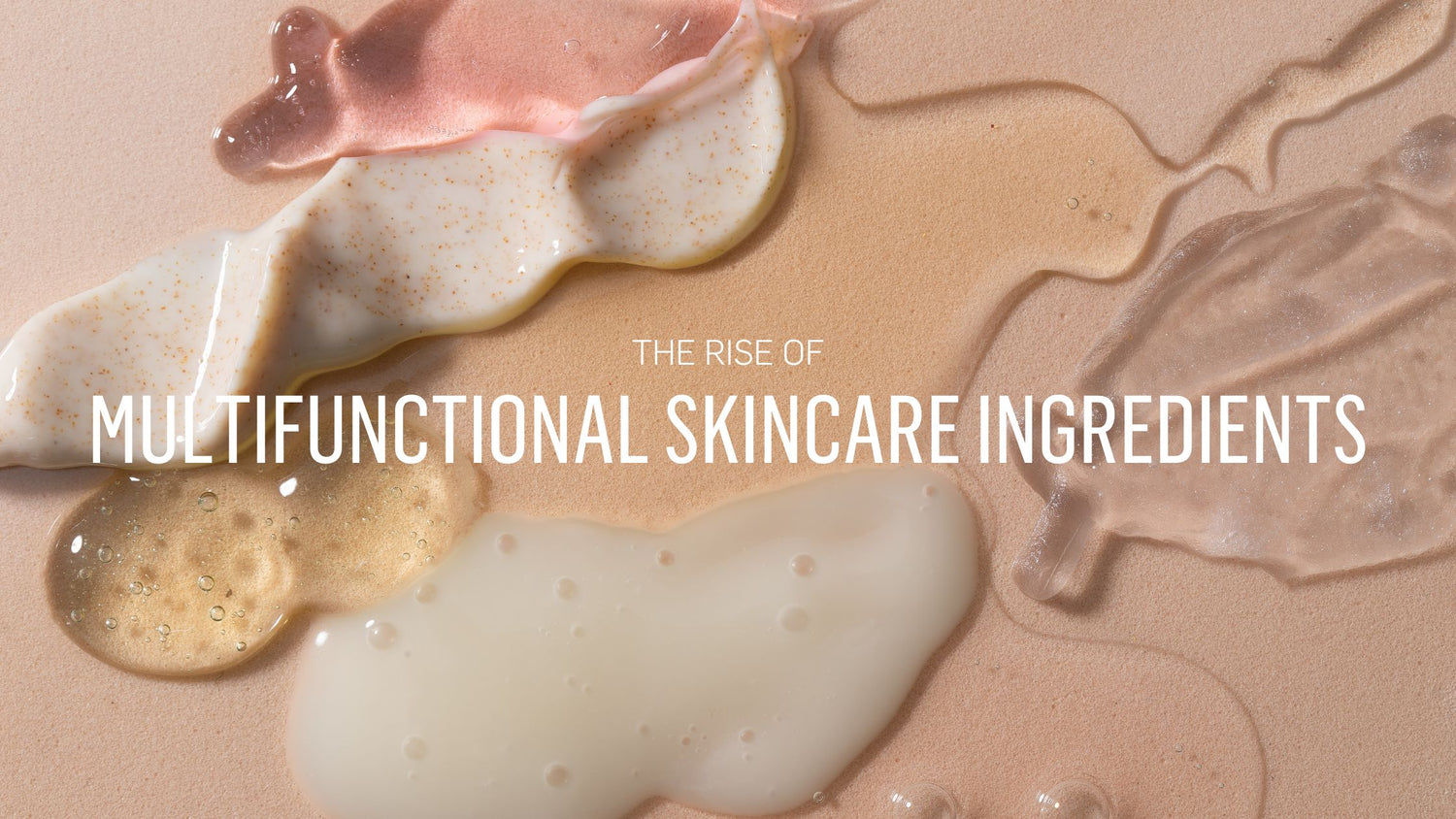In the realm of skincare, the purpose and benefits of toners often stir up considerable debate. While toners are traditionally seen as an essential step for their cleansing, hydrating, and pH-balancing properties, the question arises: Do you really need a separate toner, or can these benefits be integrated into other skincare products like cleansers, exfoliators, and serums?
Toning ingredients serve several vital roles in skincare:
-
Cleansing and Clarifying: Ingredients such as witch hazel and tea tree oil can remove residual impurities and oil, ensuring a thorough cleanse.
-
Balancing pH Levels: Ingredients like alpha and beta hydroxy acids; and rose water can help maintain the skin’s natural acidity, preventing disruptions that might occur during cleansing.
-
Hydrating and Refreshing: Components like hyaluronic acid and cucumber provide essential moisture and soothe the skin.
-
Reducing Pore Appearance: Astringents like witch hazel can tighten pores and reduce their visibility by clearing away excess oil.
Integrating toning ingredients into other skincare products can streamline your routine while still delivering essential benefits:
- Simplification: By incorporating toning properties into cleansers or serums, you can enjoy a more straightforward, less time-consuming skincare regimen.
- Cost Efficiency: Reducing the number of products in your routine can lower overall costs and simplify your purchasing decisions.
- Enhanced Product Efficacy: When active ingredients are combined into a single product, they can work synergistically, potentially enhancing their overall effectiveness on the skin.
Instead of standalone toners, look for these key toning ingredients in your other skincare products:
1. Cleansing and Clarifying
- Neem Leaf: Renowned for its antibacterial and antifungal properties, Neem Leaf effectively cleanses the skin, helping to clear up acne and prevent future breakouts.
- Tea Tree Oil: Known for its antimicrobial properties, tea tree oil is effective at deep cleansing the skin and combating acne.
- Green Tea Extract: Rich in antioxidants, green tea helps to purify the skin and protect it from damage while also reducing inflammation.
2. Balancing pH Levels
- Apple Cider Vinegar: Helps to balance the skin's pH and has antibacterial properties, making it beneficial for acne-prone skin.
- Aloe Vera: Known for its soothing properties, aloe vera also helps in maintaining the skin’s pH balance while soothing irritation.
- Rose Water: Naturally balancing and soothing, rose water helps to maintain the skin's pH levels and is gentle enough for sensitive skin.
3. Hydrating and Refreshing
- Hyaluronic Acid: Although not traditionally "natural," it is naturally occurring in the body and is excellent for locking in moisture to keep the skin plump and hydrated.
- Glycerin: A natural humectant that attracts water to the skin, glycerin is great for keeping the skin hydrated and soft.
- Gotu Kola: Known for its healing properties, Gotu Kola enhances hydration and increases collagen production, making the skin appear more vibrant and youthful.
4. Reducing Pore Appearance
- Witch Hazel: Acts as an astringent to help tighten the skin and reduce the appearance of pores without over-drying.
- Hibiscus: Often called the "Botox plant," hibiscus has a natural astringent property that helps to decrease the appearance of pores by tightening the skin.
- Clay (such as Bentonite or Kaolin): Clays are known for their ability to draw out impurities and oils from the skin, tightening pores as they dry.
The essential functions traditionally attributed to toners—cleansing, pH balancing, hydrating, and pore tightening—can be effectively delivered through carefully formulated cleansers, exfoliators, and serums. By choosing products that incorporate these key ingredients, you can maintain healthy, vibrant skin without the additional step of applying a separate toner.
This integrated approach not only simplifies your skincare routine but also aligns with a more sustainable, cost-effective philosophy. Whether you're streamlining your regimen or seeking to maximize the benefits of your skincare products, the key is in the ingredients, not necessarily in the number of products used.









